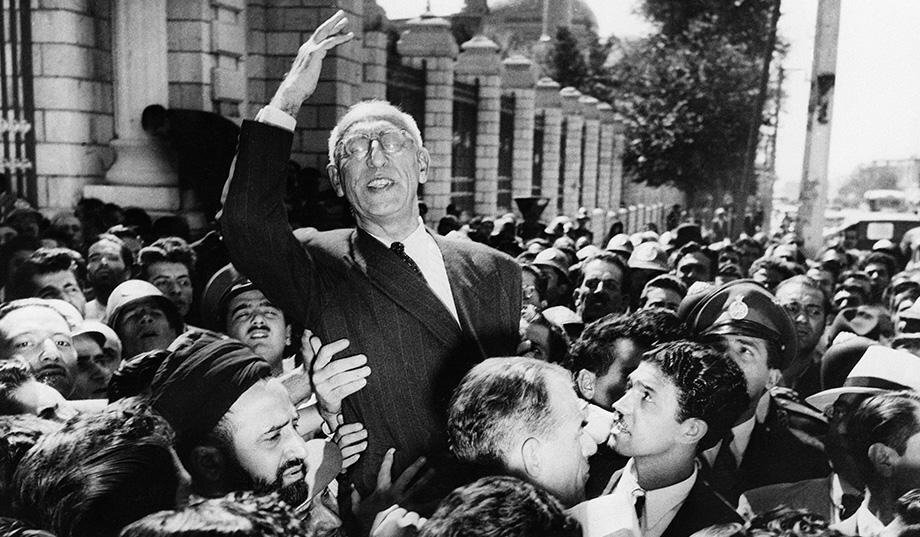Iranians view 1953 coup as symbol of U.S. wickedness: Vaezi

TEHRAN – Presidential chief of staff Mahmoud Vaezi says the 1953 coup is regarded by the Iranian people as the symbol of the United States’ wickedness and its irresponsible interference in Iran’s affairs.
In an Instagram post on Tuesday, Vaezi wrote that sixty-seven years ago on this day, the Americans overthrew the elected government of the Iranian people by participating in a disgraceful coup.
The coup was neither the first nor the last American intervention in the internal affairs of other countries, he said, adding, “Twenty-five years after that coup, Iranians organized a revolution that ended any foreign interference in the affairs of the country and the fate of its people.”
Vaezi also noted that the Iranian nation are still united in rejecting foreign intervention and safeguarding the country’s independence.
“This is a reality that the greedy will have to sooner or later accept it,” he added.
The foreign-backed coup d’état, known in Iran as the 28 Mordad coup, saw the overthrow of the democratically elected government of Prime Minister Mohammad Mosaddegh on 19 August 1953 in favor of strengthening the monarchical rule of Mohammad Reza Pahlavi.
Known as Operation Ajax, the coup was carried out after an earlier coup attempt failed to overthrow Mosaddegh and install General Fazlollah Zahedi, the shah’s reliable ally, as prime minister. As a result, Mohammad Reza Pahlavi, the shah of Iran, had fled to Baghdad.
With the success of the second coup, Zahedi was installed as prime minister, and the shah returned to Iran and continued to rule more firmly as monarch.
Mosaddegh was then arrested, tried and convicted of treason by the shah's military court. He was sentenced to death, but on the shah’s personal orders, his sentence was commuted to three years in solitary confinement in a military prison, followed by house arrest until his death.
Mosaddegh had also played a key role in the country’s 1951 movement that resulted in the nationalization of oil industry, which had been mainly controlled by the British-owned Anglo-Iranian Oil Company (AIOC), also known as BP.
Experts say the 1953 coup was aimed at securing the West’s oil interests in the country by restoring power to the Shah.
For years, the United States and Britain were blamed for the coup but both governments tried their best to sweep the story under the rug.
In 1989, the U.S. State Department first released coup-related documents, but edited out any reference to American or British involvement. Since then, the omission of CIA’s role has been widely criticized by historians.
Finally, in 2013, the CIA publicly admitted for the first time that it was behind the coup. It also released documents that showed how the British government tried to block the release of information about its own involvement in overthrow of Mosaddegh.
MH/PA
Leave a Comment